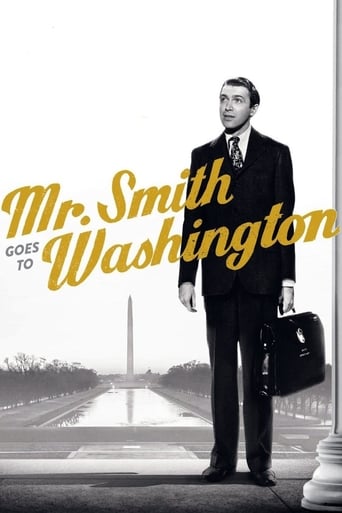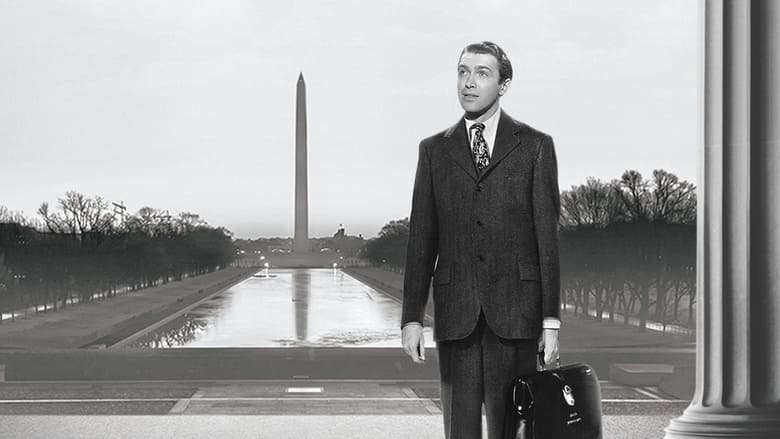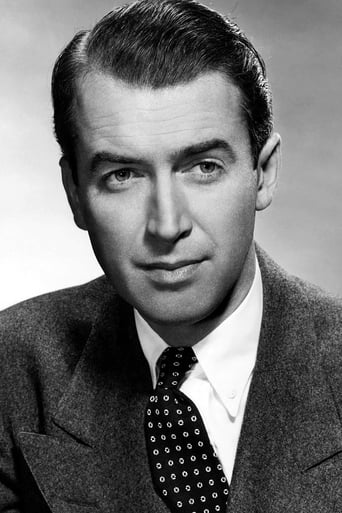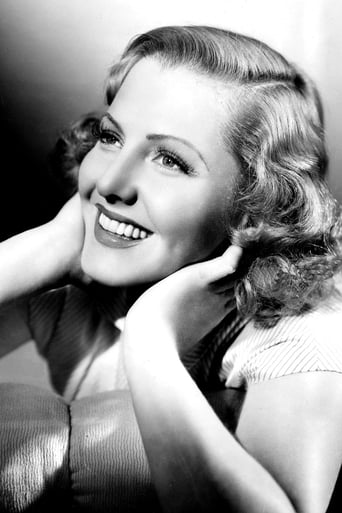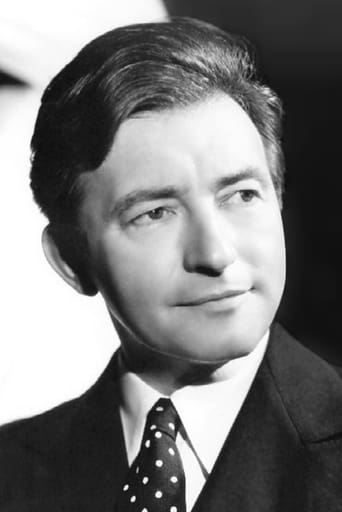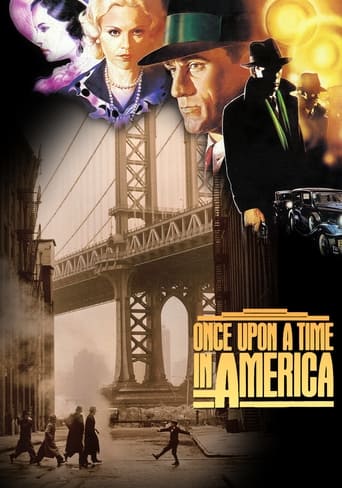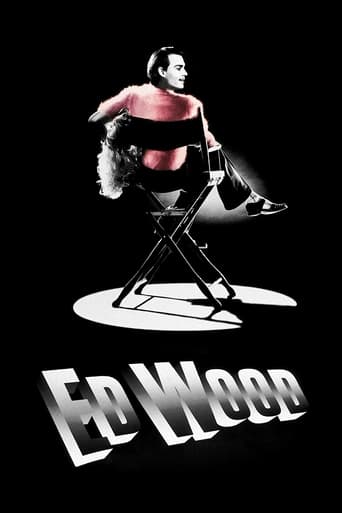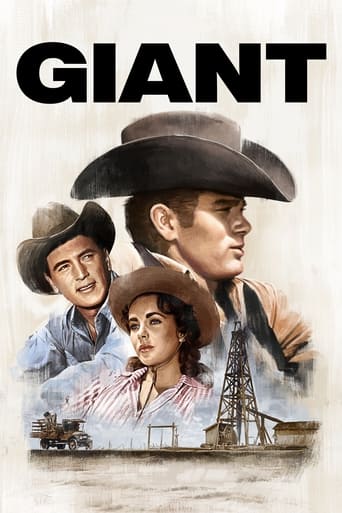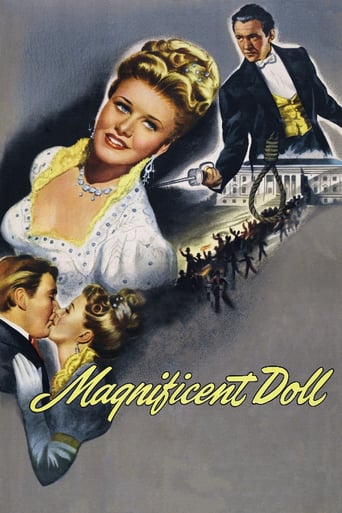Mr. Smith Goes to Washington (1939)
Naive and idealistic Jefferson Smith, leader of the Boy Rangers, is appointed to the United States Senate by the puppet governor of his state. He soon discovers, upon going to Washington, many shortcomings of the political process as his earnest goal of a national boys' camp leads to a conflict with the state political boss.
Watch Trailer
Cast
Similar titles
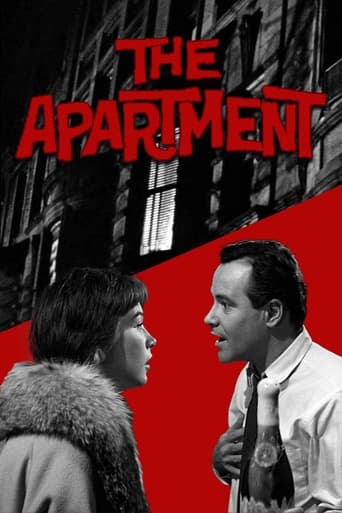
Reviews
Don't listen to the negative reviews
A Masterpiece!
I enjoyed watching this film and would recommend other to give it a try , (as I am) but this movie, although enjoyable to watch due to the better than average acting fails to add anything new to its storyline that is all too familiar to these types of movies.
Let me be very fair here, this is not the best movie in my opinion. But, this movie is fun, it has purpose and is very enjoyable to watch.
Director: FRANK CAPRA. Screenplay: Sidney Buchman. Based on an original screen story, "The Gentleman from Montana", by Lewis R. Foster. Photography: Joseph Walker. Film editors: Gene Havlick and Al Clark. Music composed by Dimitri Tiomkin, directed by M. W. Stoloff. Art director: Lionel Banks. Costumes: Kalloch. 2nd unit director: Charles Vidor. Technical adviser: Jim Preston. Montage effects: Slavko Vorkapich. Stills: Irving Lippman. Assistant director: Arthur S. Black. Sound engineer: Edward L. Bernds. Western Electric Sound System. Producer: Frank Capra.Copyright 10 October 1939 by Columbia Pictures Corp. New York opening at the Radio City Music Hall, 19 October 1939. U.S. release: 19 October 1939. U.K. release: January 1940. Australian release: 25 January 1940. 13 reels. 11,822 feet. 131 minutes.SYNOPSIS: Idealistic greenhorn senator uncovers corruption in Washington.NOTES: Academy Award, Lewis R. Foster, Original Story (defeating Bachelor Mother, Love Affair, Ninotchka and Young Mr Lincoln). Also nominated for Best Picture (lost to Gone With The Wind); Best Actor, James Stewart (lost to Robert Donat for Goodbye, Mr Chips); both Harry Carey and Claude Rains, Supporting Actor (lost to Thomas Mitchell in Stagecoach); Directing (lost to Victor Fleming for GWTW); Art Direction (lost to GWTW); Film Editing (GWTW); Best Music Score (Stagecoach); Sound Recording (When Tomorrow Comes).2nd Best Picture of 1939 (Goodbye, Mr Chips was first) — The Film Daily annual poll of U.S. film critics.Best Male Performance of 1939, James Stewart — New York Film Critics.COMMENT: Outstanding entertainment — although the film is not without its defects. Chief problem is that there is too much talking, especially in the middle of the film where Capra is content to capture the dialogue in long, static takes. If about 15 minutes were trimmed from the Arthur-Stewart scenes, "Mr. Smith Goes to Washington" would be a masterpiece.All the same, as Graham Greene wrote in The Spectator, it's a great film, acted by such a magnificent cast, "Capra can afford to fling away on tiny parts men like Eugene Palette, Guy Kibbee, Thomas Mitchell and Harry Carey. . . . Here is Capra, back to his finest form. All the familiar qualities are here: the exciting close-ups, the sudden irrelevant humor, the delight in the ordinary human face."* Greene truly states that you remember the faces in this film vividly — the faces chosen and shot with such Capra care — and this, it might be added, long after the "message" and the forced romance are forgotten.* The Pleasure-Dome: The Collected Film Criticism of Graham Greene 1935-40 edited by John Russell Taylor (Oxford University Press, 1980).
Well, this is like any other political film oozing patriotism, where the small guy gets the big guy. The underdog wins. All American. Better yet, it is Frank Capra, with James Stewart. Can we get any more cliché? Oh, wait. The main character is a Jefferson Smith. Bribery, corruption, conspiracy, lies and deceit. It is all here. Shady deals, ulterior motives. In other words, politics. In case it was not already obvious, I am not very political. But guess what? In all the above ways, yes, this is like all those other films. But it the most important ways, it is not. What makes it different? In one word, Stewart. Sure, the clever writing, the directing, the supporting cast are all assets to the film. But he makes this film. His character's name is in the title, after all. Through his heartfelt performance as Jefferson Smith, the audience is inspired; even the most cynical of us might find ourselves beginning to really like this country, appreciate what we have today that our ancestors did not, and maybe even believe that we can make a difference by getting involved in politics. His naiveté is practically excruciating at times. His first glance at the White House can be compared to a little kid in a candy store. His first evening exploring all the monuments along and around the National Mall is shown in montage form with patriotic backgrounds music. Cheesy, yes. But somehow it was not as bad as it sounds. As he, an everyday man, tries to acclimate himself in the world of politics, each blunder brings new laughs. His awkwardness in palpable and his character lovable. Eventually, of course, he must learn the truth- that it does not really exist in the government. We all cheer for this everyday Smith as he tries to pave the way for all the little guys. As far as high school or even grade school education goes, this should be on a list of required viewings. Along with School House Rock's classic "How a Bill Becomes a Law", of course. I would have loved to learn about government, the Senate, bills, and filibusters this way. **** Spoilers **** Sadly, it was the ending that brought the greatest disappointment. It was extremely sudden and cheap. After all that determination and rallying from Smith; after how far Paine was willing to go to condemn the man he supposedly felt was "like a son" to him, after all his stubbornness to do the right thing, he gives up and confesses everything on the Senate floor? Highly unlikely. Even worse, it cheapens all that Smith has done.
From time to time, a movie comes along that holds up so well that it actually gets BETTER with age. "Mr. Smith Goes To Washington" is EXACTLY that type of movie.For a basic plot summary, this movie tells the story of Jefferson Smith (Jimmy Stewart) a sort of "wide-eyed rube" who only gets promoted to U.S. Senator because of the political machine of Senator Joseph Payne (Claude Rains), whom the young Smith adores. Once in Washington, however, Smith gets a rude awakening as to the "real" politics of D.C. With the help of a female aide named Saunders (Jean Arthur), Smith must decide whether to fall in line or fight the deep- rooted corruption in the Capitol dome.This movie remains an all-time classic for two primary reasons:1. It strikes such a simple emotional chord in all of us. Even though, deep down, we know that corruption runs rampant in even the highest levels of government, we like to cling to the ideals that the nation was founded on. Well, that is exactly the journey that Stewart's Smith viscerally takes us on. We want him to succeed so badly because we all feel as if that is what WE would do in a similar situation.2. I know I'll probably get a few down-votes for this statement alone, but I believe that our government is as corrupt now as it has ever been. Thus, while watching Stewart's impassioned pleas for honesty and common sense, my heart ached for the United States of America. So, not only does "Mr. Smith" stand the test of time, but it actually transcends it.Basically, this movie does to politics what fellow Frank Capra film "It's A Wonderful Life" does to Christmas. If it were up to me, this movie would be shown in every American Government high school classroom and on television sometime the week before every major political election. It is THAT important in the message that it espouses.
Undoubtedly one of the most beloved American films of all time, Frank Capra's Mr. Smith Goes to Washington is one of the great directors most cynical portraits of the U.S., revealing an infestation of corruption all the way to the top of the Senate in the city where the Capitol Dome and the Lincoln Memorial sit uneasily as symbols of idealism. The film is also one of his most optimistic, and this blend of attitudes have led to many other Hollywood movies being labelled in his honour as 'Capraesque', one of the most misunderstood and overused labels in cinema.'Capraesque' is commonly lumped upon movies with an overbearing sense of positivity, with the little man, or woman, ultimately overcoming overwhelming odds to triumph over whatever conglomerate or institution trying to stamp all over them. But what the labellers forget is the skill required to convincingly build up the struggle of the hero, making the climax all the more poignant and satisfying in the process. When Jefferson Smith (James Stewart), the small-town head of the Boy Rangers, is invited to join the U.S. Senate, he accepts the role with humility and a determination to prove himself worthy. What he doesn't know is that fellow senator Joseph Paine (Claude Rains) intends for Smith to be a stooge while he and his boss Jim Taylor (Edward Arnold) go about their dodgy business.Initially, his "aw, shucks!" persona is met with ridicule by the press, and is seen as a naive idiot by his secretary Clarissa Saunders (Jean Arthur). However, his patriotism soon endears him to Saunders, who witnesses his peers and superiors begin to tear him to shreds as he uncovers a scheme to buy up land. As Smith, Stewart is perfect, embodying the kind of American ideals that the country prides itself upon but rarely follows, stubbornly holding court while he fights for his reputation in a riveting climax. It's a Wonderful Life (1946) is commonly labelled as Capra's finest moment but, in my humble opinion, Mr. Smith is his crowning achievement, a movie of such substance and social insight that it more than transcends its now-routine formula and reaffirms a belief in good overcoming evil.
